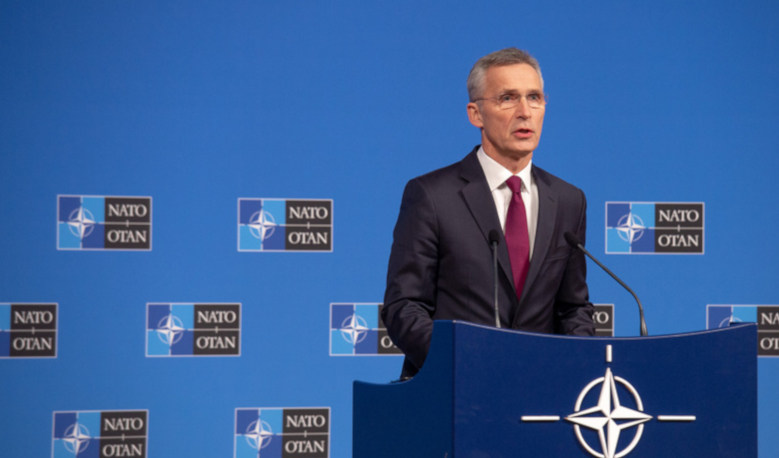At a meeting in Brussels to address a wide range of security challenges, NATO (North Atlantic Treaty Organization) foreign ministers have for the first time formally declared space as an “operational domain” alongside air, land, sea and cyber area, the alliance’s Secretary-General, Jens Stoltenberg, said.
“We all agree that NATO remains indispensable for our security, and that despite our differences, we are stronger as we face the future together,” said Stoltenberg as he emphasised the growing significance of space for the alliance.
“Space is part of our daily life here on Earth. It can be used for peaceful purposes. But it can be also used aggressively", Stoltenberg said. “Satellites can be jammed, hacked or weaponised. Anti-satellite weapons could cripple communications and other services our societies rely on, such as air travel, weather forecast or banking.”
Space, Stoltenberg emphasised, was essential to NATO's defence and deterrence, including the ability to navigate, gather intelligence and to detect missile launches. It also means that NATO planners can now make requests for Allies to provide capabilities and services – such as hours of satellite communications or data for imagery.
Nonetheless, NATO remains a defensive alliance said the Secretary General, adding that there is no intention to put weapons into space or to develop its own space-based capabilities.
"Making space an operational domain will help us ensure that all aspects are taken into account to ensure the success of our missions", the NATO chief noted.
It is estimated that of the 2,000 or so satellites currently orbiting Earth, half are owned by NATO member countries.
Speaking at a pre-ministerial press conference by the NATO Secretary General on Tuesday, Stoltenberg was questioned whether any communication links would be established between NATO’s future space-based early-warning capabilities and the US’s recently established Space Command.
We will not weaponise space, Stoltenberg reiterated. “But we have to take into account, we have to relate to the fact that space is becoming more and more important for our military operations and missions.”
“I will not go into the specifics of how we are going to communicate with national space commands and national space capabilities," Stoltenberg said. “What NATO will do will be defensive, and we will not deploy weapons in space.”
The meeting in Brussels comes ahead of next month’s NATO leadership meeting in London, England, as the leaders look to mark the Alliance’s seventieth anniversary and also to address a range of other issues, including budgets, Russia, the implications of the rise of China, the future of arms control, and energy security.











